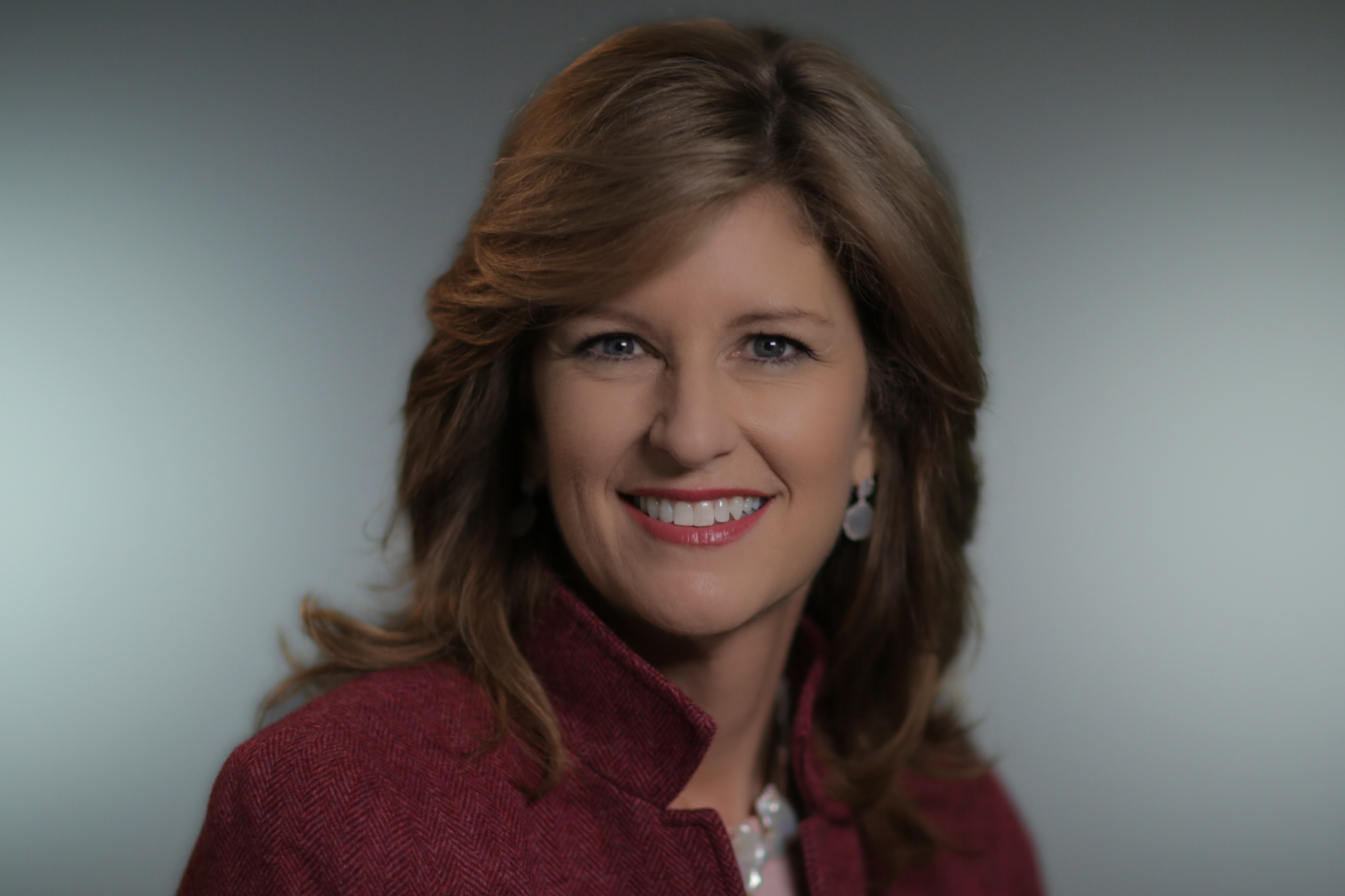Too often, women are reluctant to invest and put their money to work for their future. Sadly, I know this first-hand. My father died unexpectedly at 57 years old, leaving my mother to navigate her fiscal future. Although I was 27 years old at the time, three of my five siblings were still in college. It was a pivotal moment for me, and, out of necessity, I had a crash course in financial planning.
This journey is personal to me — but as I’ve learned repeatedly from the work we do at Fidelity, my story isn’t unique. I make it a point to listen to roughly 20 hours of customer phone calls each month to stay in touch with their situations. I hear stories of excited new parents who are planning their family’s future, moms who are suddenly single and don’t know what to do, and the woes of adults taking care of their parents while ensuring their kids are on the right path. I hear the pain in the voices of young people with a lot of debt and so many competing priorities.
Managing money is a gender-neutral topic, but many of the conversations I hear center on the struggles of women. Women have been underserved for years and have missed out on opportunities to see their money grow. Quite frankly, the financial services industry needs to do a better job of serving all investors, especially women.
Our goal is to ease the path to investing for women and make them aware that their money could be working harder. It’s one of the many reasons we recently launched a broad effort to ensure investors are aware of the options for their cash. Fidelity is working on the side of investors by automatically directing their cash into a higher-yielding core option available at account opening for retail brokerage and retirement accounts. We believe this is the right thing to do for investors.
Why the focus on women and this project? Most women will be the sole financial decision-maker at some point in their lives. Women typically outlive men, plus the nearly 50% divorce rate (often caused by money matters). But just like my mom, only 24% of women say they feel confident in their knowledge of investing for their future. Women hold economic power, but many lack conviction in their ability to invest. Too often, they “think” men are just better with numbers. Women need to know the institutions they invest with have their backs.
The funny thing is that women, by nature, are often better investors. Women are patient, they’re superb savers, and they take less risks than men. These are all qualities that make women naturals at long-term investing. That said, our research shows that 50% of women have $20,000+ above and beyond their retirement accounts and emergency savings — just sitting in a low-interest savings account.
Through my own experience and the countless stories that I listen to every day, I continue to be inspired by the mission to educate and empower all investors — especially women — and to take action as they continue on their own personal journeys.


